A deadly coronavirus outbreak in China's Wuhan is proving to be one of the biggest tests of President Xi Jinping's eight-year leadership.
The rapid spread of the disease, which was first detected in late December, prompted Chinese authorities to place the central city and its surrounding areas under an unprecedented lockdown, confining millions to their homes.
More:
Since the drastic measure was announced on January 23, anger has grown on Chinese social media, with some accusing authorities of withholding information from the public and being slow to react when the virus was first detected.
Some 636 people have died in the outbreak, while at least 31,161 others have fallen sick, according to the government on Friday.
Also on Friday, the Wuhan Central Hospital announced that Dr Li Wenliang, the Chinese doctor who got in trouble with authorities in the communist country for sounding an early warning about the virus outbreak, has died.
Amid the anger and frustration, China's most powerful governing body acknowledged earlier this week "shortcomings and difficulties" in its response to the crisis. Though it did not elaborate further, the statement was a rare admission of fault for the Politburo Standing Committee.
Xi, who presided over the meeting, called for "resolute actions in containing the spread of the epidemic" and warned against disobeying the committee's command, according to the state-owned Xinhua news agency.
Members of the committee also determined the outbreak to be "a major test of China's system and capacity for governance" and said "we must sum up the experience and draw a lesson from it", according to Xinhua.
The statement, some observers say, is testament to a growing worry among China's top leaders of what the outbreak could mean for the country's tightly controlled political system.
While the World Health Organization (WHO) has praised China for the extraordinary measures it took to limit the spread of the virus, as well as the speed with which scientists identified its genome, one expert told the Financial Times that authorities had not taken adequate steps in the early stages of the outbreak.
John Mackenzie, a member of WHO's emergency committee, said officials in Wuhan "tried to keep figures quiet for a while".
Zhou Xianwang, the mayor of Wuhan, later told state media the local government's response was "not good enough" and offered to resign. He also said information about the outbreak was not shared quickly enough, but blamed the delay on government bureaucracy.
Li Mingjiang, a coordinator of the China Programme at the Nanyang Technological University in Singapore, said local officials "made a major miscalculation" and there was "no doubt" that Xi would have ordered a quicker response had he been promptly informed of the situation in Wuhan.
Since then, Li said that the central government led by Xi has taken decisive steps to control the outbreak from spreading further, including the building of several large-scale hospitals to accommodate the patients.
China has also injected $174bn of liquidity into the financial markets to mitigate volatility in the economy.
Other analysts, however, disagreed.
Steve Tsang, director of China Institute at SOAS University of London, argued it was the president who had to take responsibility.
"You can't have him as the undisputed, unchallenged leader of China on one hand, and then say that in his watch, under his charge, the virus is being handled badly and it's got nothing to do with him," Tsang said, adding that Xi handled the crisis "very badly".
Since becoming head of the Communist Party in 2012 and state president the following year, Xi has transformed his office, while also cracking down on dissidents, tightening controls over media and the internet and overseen a vast anti-corruption campaign, which critics say was aimed at purging opponents.
The Communist Party in 2018 also abolished term limits on the presidency, a move that could allow Xi to stay on as president when his second term ends in 2023.
Tsang predicts Xi will only impose tighter controls if public anger grew over the coronavirus crisis.
"Anybody who would challenge Xi Jinping within the party will be crushed. They know that he is unforgiving."
Richard Javad Heydarian, an Asia-Pacific political analyst and a regular contributor to the Council on Foreign Relations, said Xi's "cult of personality" is at the core of the problem because it made local officials more fearful of delivering the "bad news" to Beijing.
"The problem is with Xi Jinping's brazen and rapid centralisation of power like no-one since Mao Zedong," he said comparing the current Chinese president to the founding leader of the People's Republic of China.
This vast powers should have been sufficient for Xi to decisively address the latest health crisis, said Heydardian, who is based in the Philippine capital of Manila. Instead, local officials "fearful" of Xi's wrath tried to hide the situation even as health authorities alerted WHO to the new virus.
"The scientists were ahead of expectations. But in terms of China being open to its own people and putting in necessary measures domestically, we still saw significant delays, if not cover-up," Heydardian added.
That Chinese health officials notified WHO about a pneumonia of unknown cause on December 31 suggested the central government in Beijing was aware of the spread of the disease in Wuhan early on, but failed to act quickly, he said.
Economic fallout
The coronavirus outbreak has also hit the Chinese economy, which was already facing some headwinds before the crisis began, said Calvin Cheng, an expert on China's economy and trade at the Institute of Strategic and International Studies in Kuala Lumpur, Malaysia.
In the short-term, the crisis is dampening spending, as numerous travel restrictions and shop closures mean more people are staying at home despite the Lunar New Year festivities, he said.
According to a Bloomberg report, as much as $140bn in spending during the Lunar New Year holidays was wiped out because of the outbreak. And one Chinese government economist said the outbreak could drag economic growth below 5 percent.
In the long-term, it could also cause disruptions to industrial production with many workers unable to return to work affecting not only factory revenues, but also worker incomes, Cheng added.
That would affect not only China, but also the wider world.
"Overall, global economic growth will definitely be negatively affected. The only question is by how much. And this again depends on whether the outbreak will evolve as projected and on how fast and how effective Chinese monetary and fiscal stimulus will be," Cheng said.
However, Cheng said he doubts it will have a significant effect on Xi's political standing in the long-term.
"As with any crisis anywhere, likely there will be some grumbling," he said.
"Local authorities and other provincial officials have got the most public pushback in lieu of the leader, in part due to censorship and related restrictions."


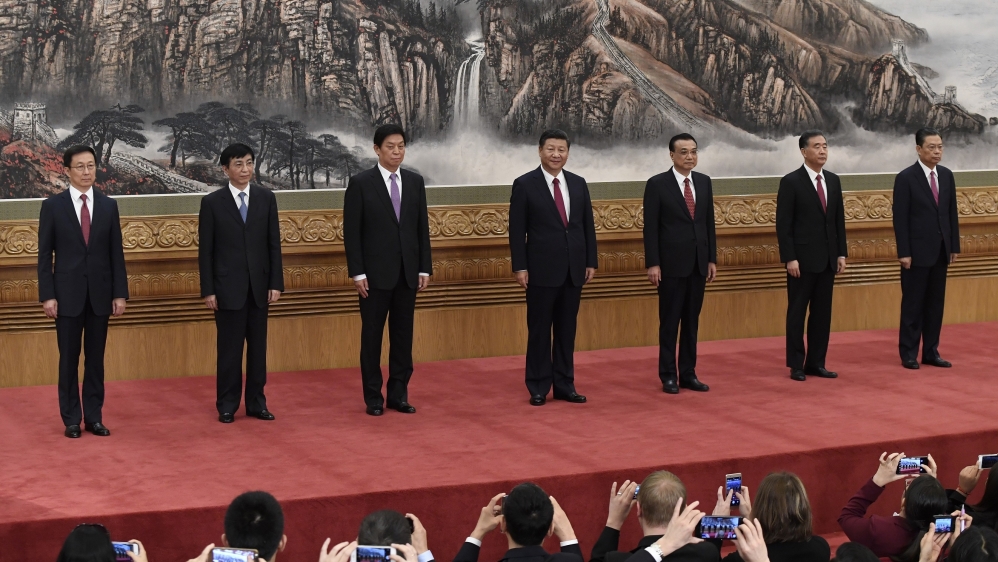
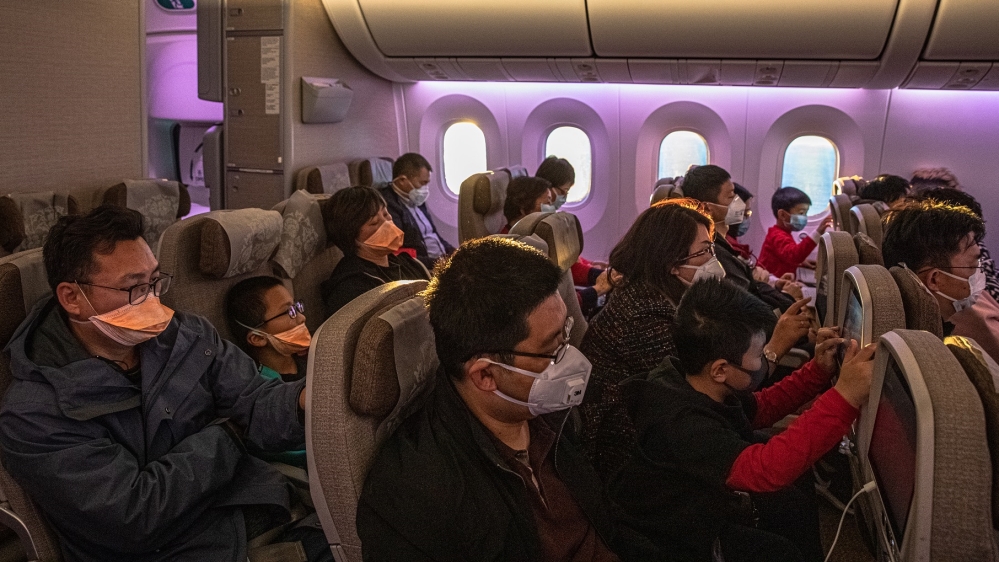
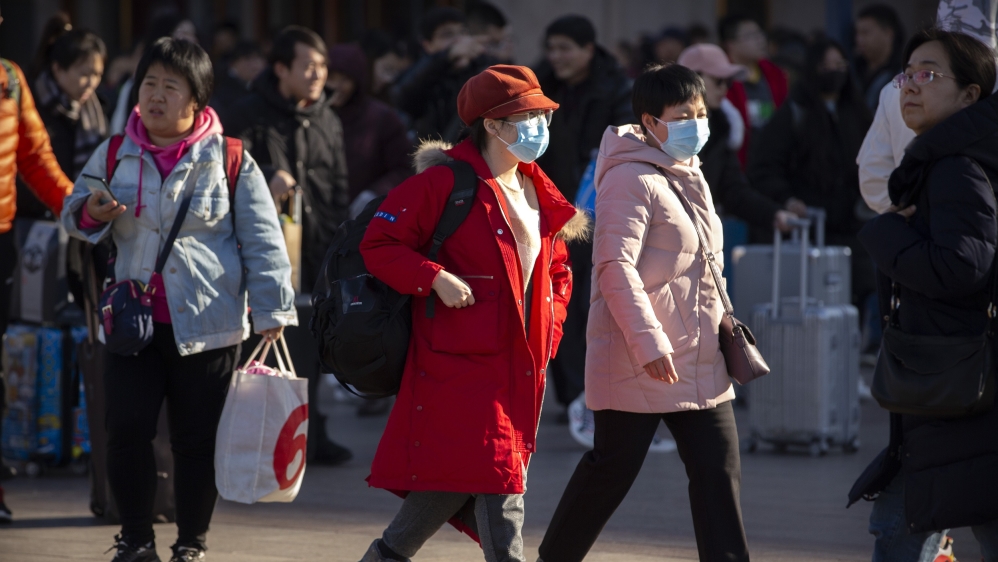
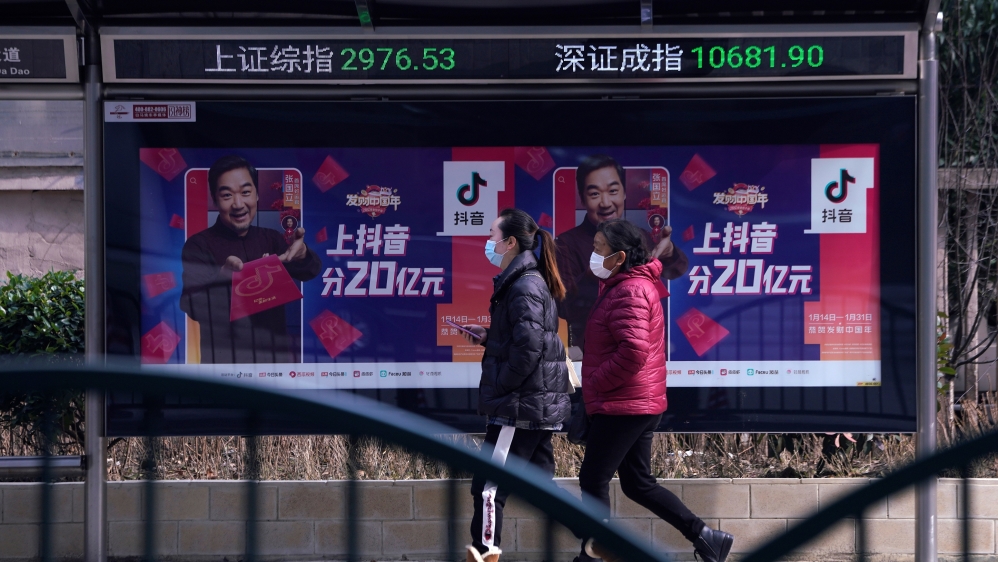
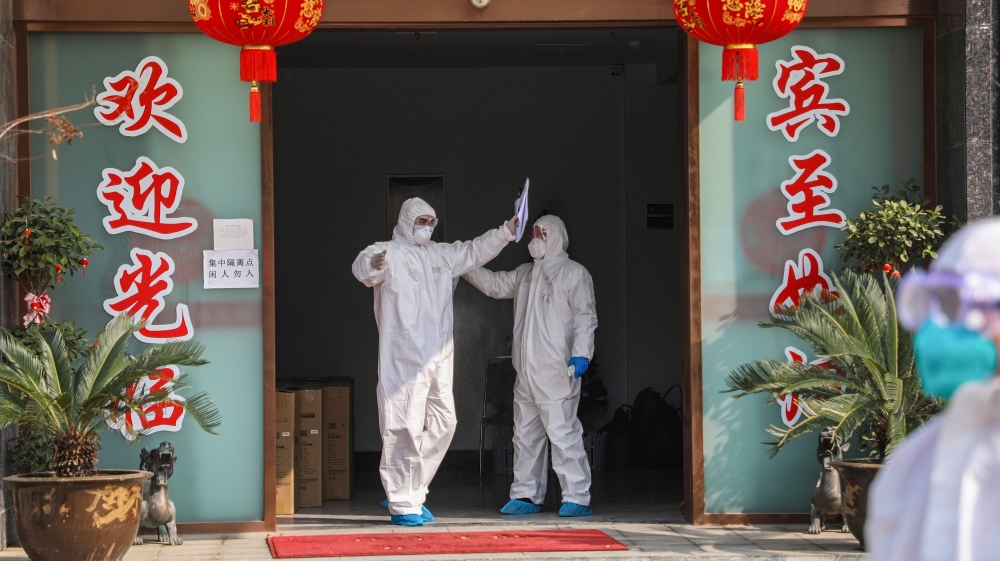

No comments: